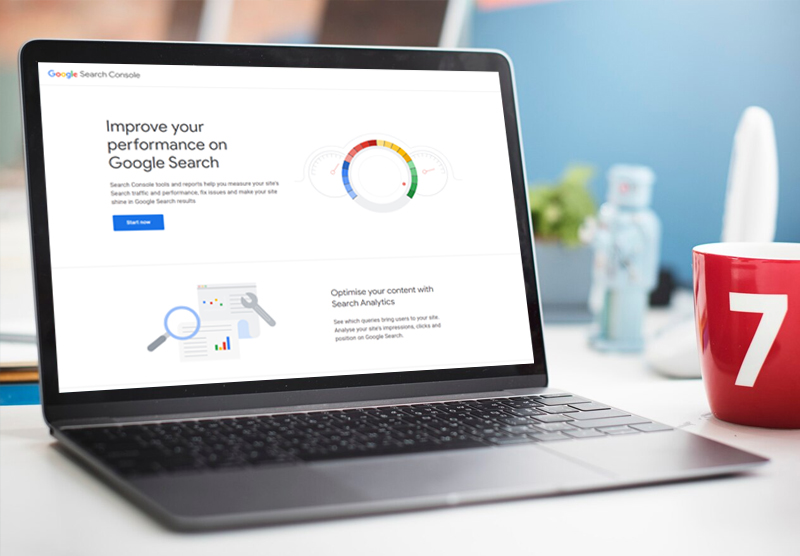Top 3 Tips For A Smooth Move With Laila Movers And Packers In Dubai
Moving is a difficult task, especially in a bustling city like Dubai. With the right movers and packers, the experience can be seamless and stress-free. Laila Movers in Dubai, known for their reliable and professional services, can help make your move as smooth as possible. Here are three essential tips to ensure a successful relocation with Laila Movers and Packers in Dubai:
1. Plan Your Move in Advance
Proper planning is crucial to a successful move. To make the most of Laila Movers and Packers’ services, start organizing your relocation at least 2-3 weeks in advance. This gives you ample time to declutter, sort your belongings, and make necessary arrangements.
- Create a checklist: List tasks that need to be completed before moving day, such as notifying your landlord, changing your address, and arranging utility disconnections.
- Schedule an on-site survey: Laila Movers and Packers can assess your items to provide an accurate quote and recommend the best services for your needs.
- Pick a convenient moving date: Consider moving on a weekday to avoid the weekend rush and potential higher costs.
2. Label and Organize Your Belongings
Labeling and organizing your belongings can make the packing and unpacking process much more manageable. Here’s how you can stay organized during the move:
- Color-code or label boxes: Assign different colors or labels for each room (e.g., kitchen, living room, bedrooms). This helps the movers place the boxes in the correct rooms, saving time during unpacking.
- Keep an inventory list: Make a list of your items, especially valuable or fragile ones. This helps track everything and ensures nothing is lost or damaged.
- Separate essentials: Pack a separate bag with daily essentials such as toiletries, a change of clothes, and important documents. This will help you settle in comfortably while unpacking.
3. Communicate Special Requirements Clearly
If you have any specific requests or fragile items, inform Laila Movers and Packers in advance. Clear communication will help the movers prepare better and ensure that your belongings are handled with care . Our Arabic keyword for the same page is شركة ليلى نقل اثاث دبي on the same website.
- Discuss fragile or valuable items: Items such as antiques, glassware, or electronics may require special packing materials or handling.
- Request disassembly or reassembly services: If you need assistance with dismantling furniture, let the movers know beforehand. Laila Movers and Packers offer professional disassembly and reassembly services to make your move easier.
- Specify access limitations: If your building has tight staircases, restricted parking, or elevator usage rules, inform the movers so they can plan accordingly.
Following these tips can make your moving experience with Laila Movers and Packers in Dubai efficient and stress-free. With proper planning, organization, and communication, you can look forward to settling into your new home with ease.
Contact information
Email:info@lmovers.ae
Contact number: 0566585072
Office Hours-Monday to Friday: 8AM-5PM, Saturday:8AM-1PM, Sunday-Closed.












